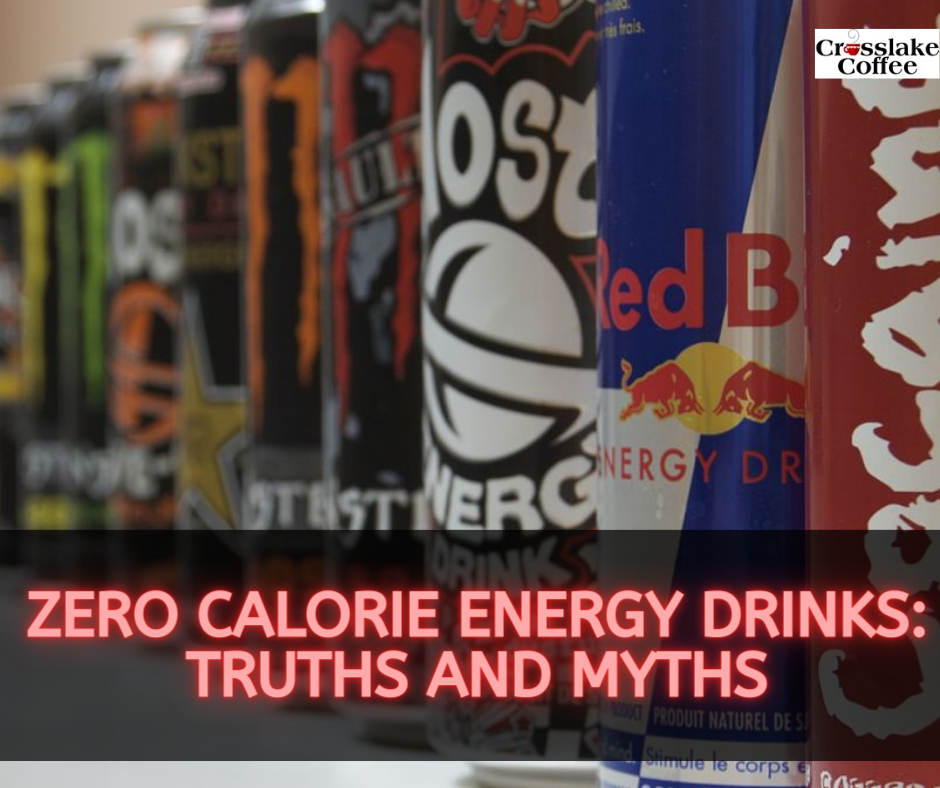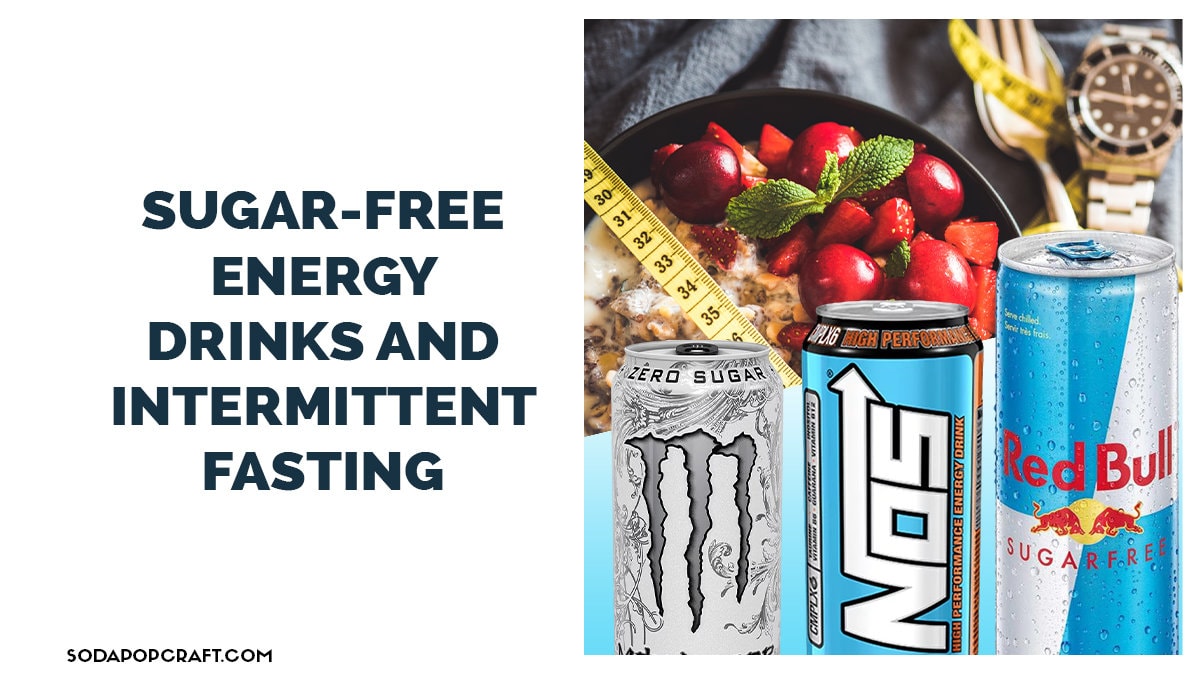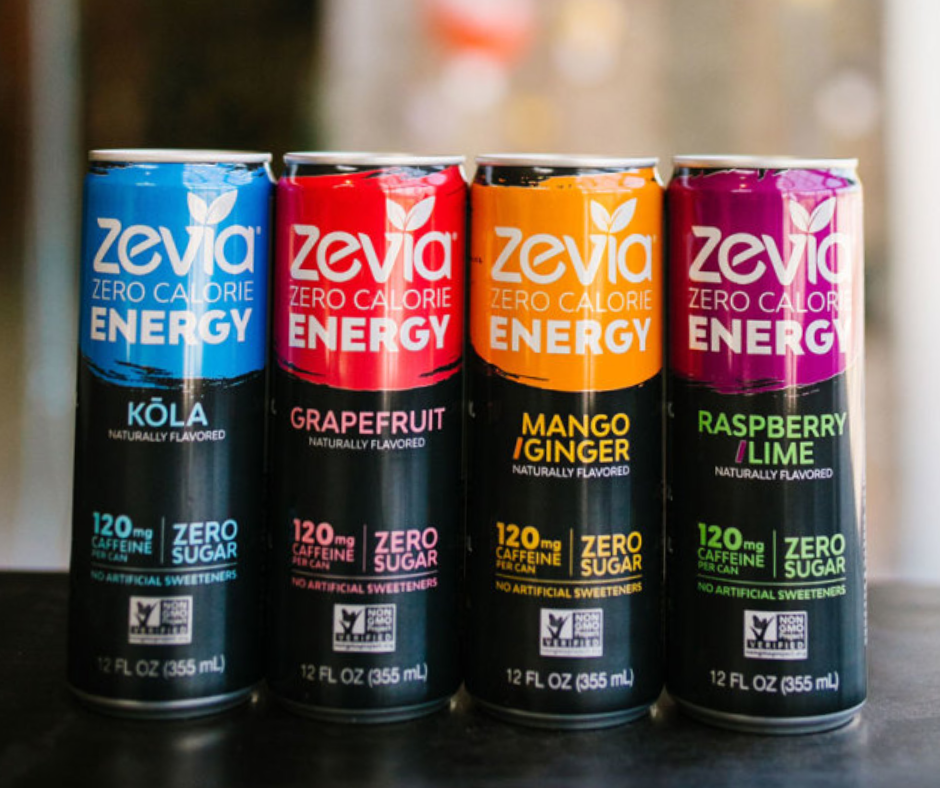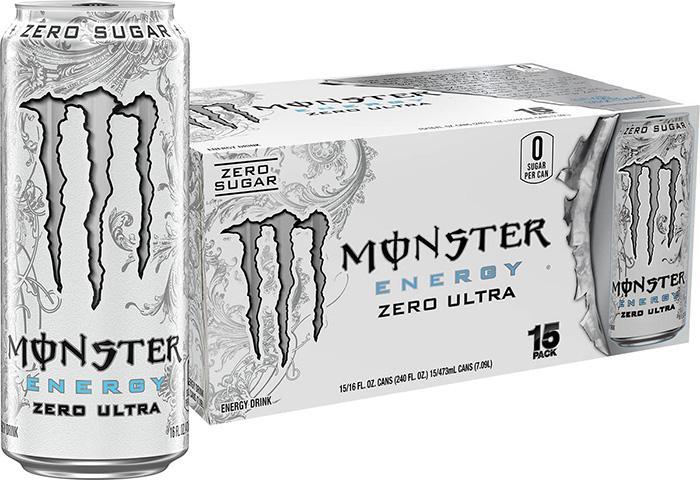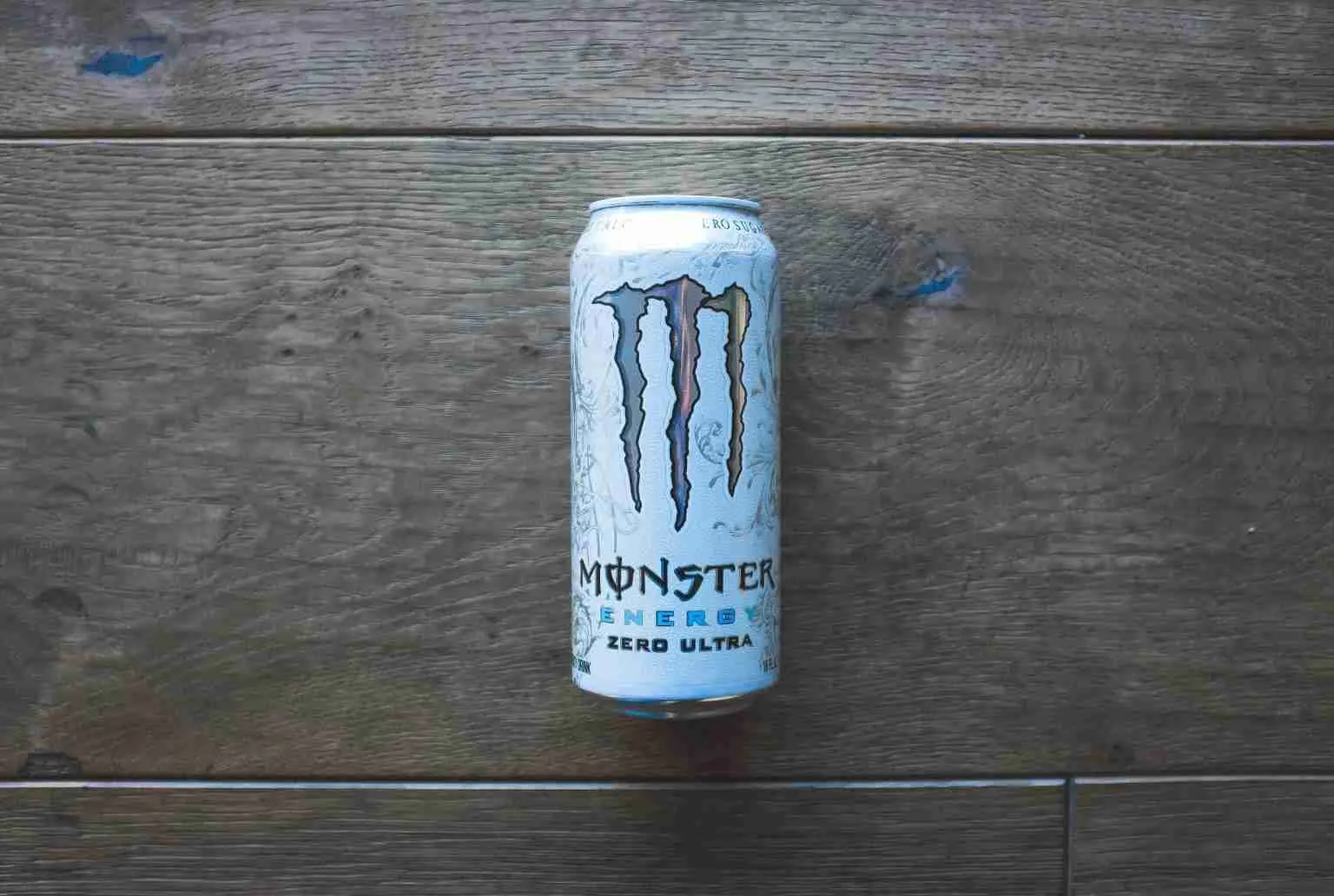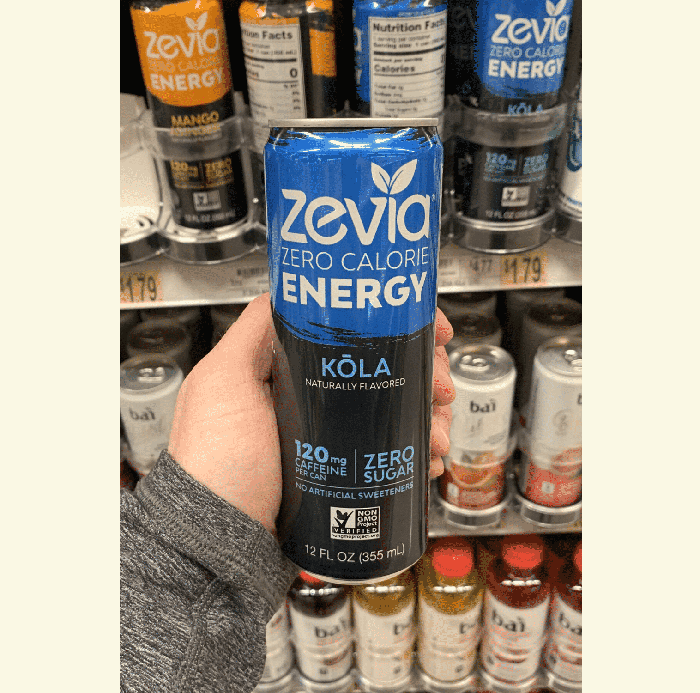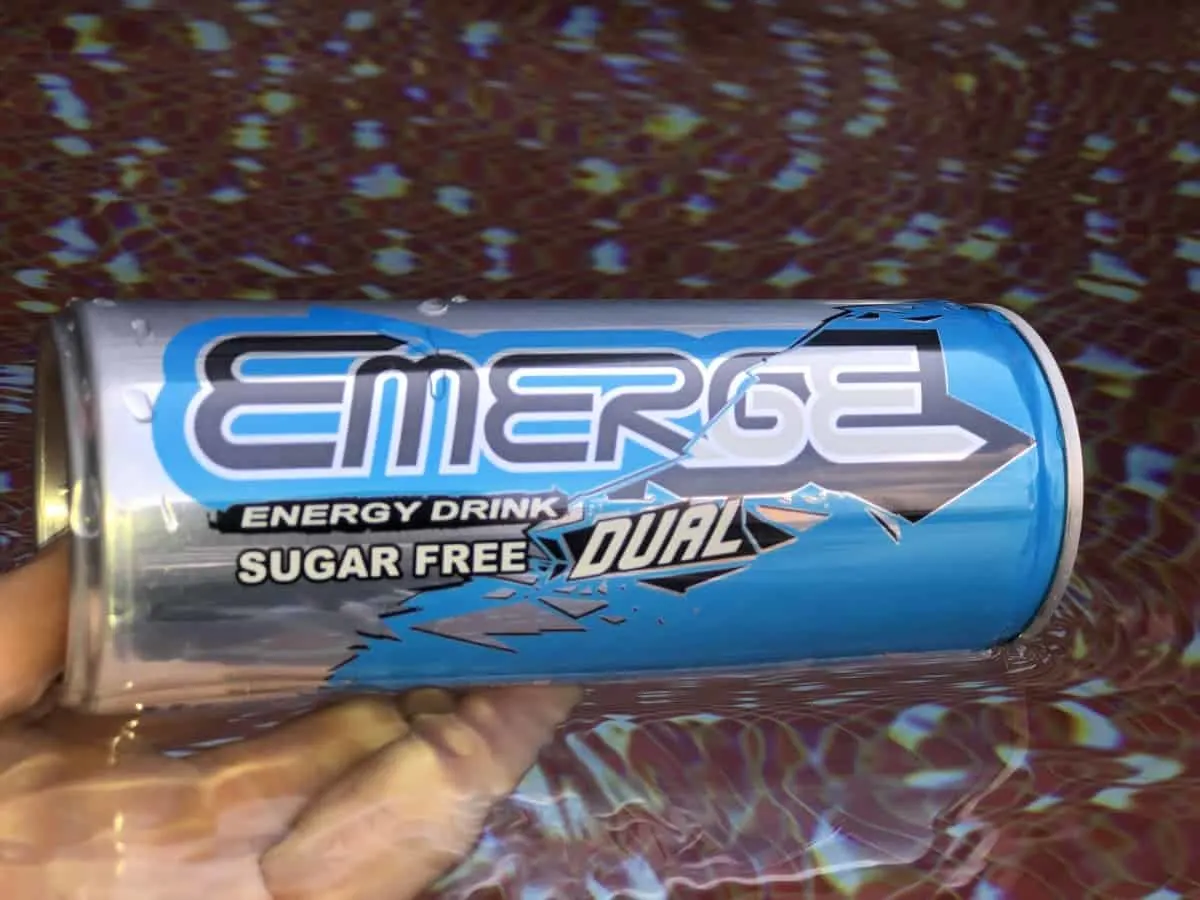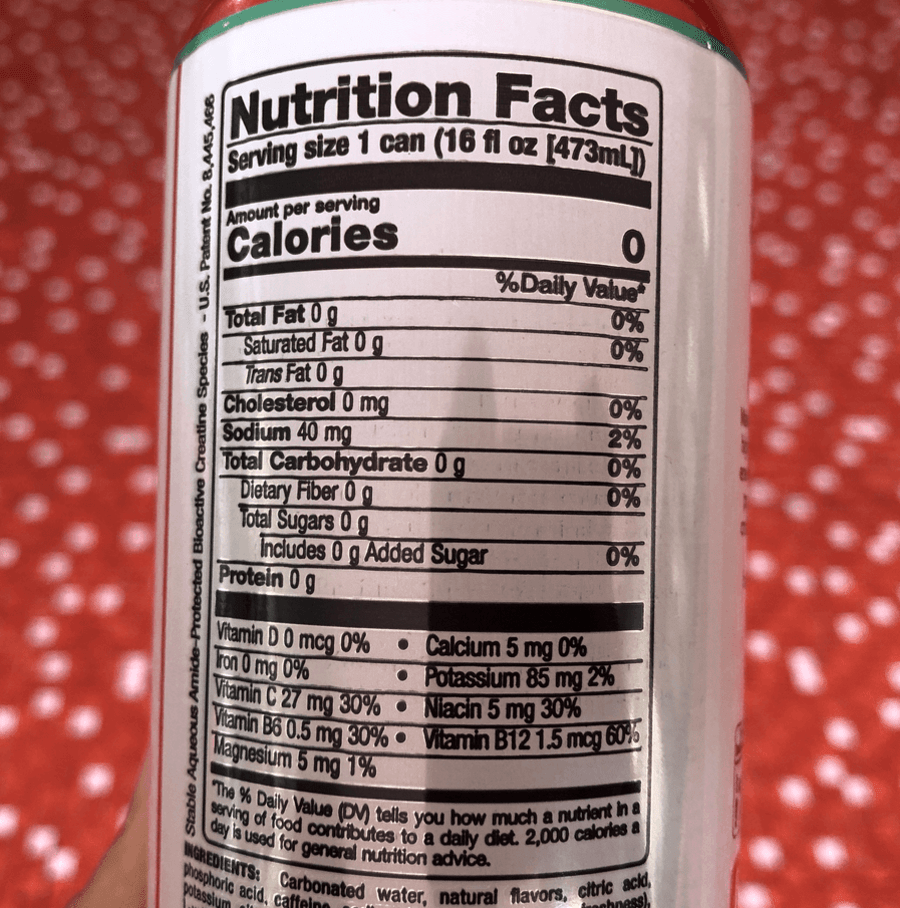Do Zero Calorie Energy Drinks Break A Fast

The question of whether zero-calorie energy drinks break a fast has become a focal point for individuals practicing intermittent fasting, ketogenic diets, and other time-restricted eating regimens. While marketed as calorie-free, these beverages often contain artificial sweeteners, flavors, and other additives, leading to debate on their metabolic effects. The ambiguity has left many questioning whether their consumption compromises the physiological benefits of fasting.
This article explores the current scientific understanding of how zero-calorie energy drinks impact fasting, analyzing their ingredients and potential effects on key metabolic processes. We examine expert opinions and research findings to provide a comprehensive overview of this complex issue.
The Science of Fasting
Fasting, in its various forms, involves abstaining from food for a specific period. This triggers several metabolic shifts within the body. One primary goal is to deplete glycogen stores and initiate ketogenesis, where the body begins to burn fat for energy.
These changes include decreased insulin levels and increased glucagon, facilitating fat breakdown. Fasting is often pursued for weight loss, improved insulin sensitivity, and other potential health benefits.
Zero-Calorie Energy Drinks: A Breakdown
Zero-calorie energy drinks typically contain artificial sweeteners like aspartame, sucralose, or stevia, alongside caffeine, vitamins, and artificial flavors. Manufacturers promote these drinks as a guilt-free way to boost energy without adding calories.
The drinks are formulated to provide a temporary surge of alertness and focus. However, the absence of calories doesn't necessarily equate to a neutral impact on the body's metabolic state.
The Controversy: Do Sweeteners Matter?
The core of the debate centers around the effects of artificial sweeteners on insulin and blood glucose levels. Some studies suggest that these sweeteners can stimulate insulin secretion, even without raising blood sugar directly.
This insulin response, even if minimal, could theoretically disrupt the fat-burning process and negate some benefits of fasting. However, research findings are inconsistent, with some studies showing no significant impact on insulin or blood glucose.
Expert Opinions and Research Findings
Many nutritionists and medical professionals advise caution when consuming zero-calorie energy drinks during a fast. They emphasize that individual responses can vary significantly.
"While the calorie count may be zero, the body's response to these artificial substances can differ, potentially impacting the intended metabolic state of fasting,"says Dr. Emily Carter, a registered dietitian.
A study published in the American Journal of Clinical Nutrition investigated the effects of artificial sweeteners on glucose metabolism. The study found that some participants experienced a slight increase in insulin levels after consuming certain artificial sweeteners.
However, the magnitude of this increase was generally much smaller than that observed after consuming sugary drinks. Further research is needed to determine the long-term effects and individual variability.
The Caffeine Factor
Caffeine, a common ingredient in energy drinks, can also influence fasting. Caffeine stimulates the release of stress hormones like cortisol and adrenaline.
These hormones can, in turn, affect blood sugar levels and potentially hinder fat burning. While caffeine can enhance mental alertness and physical performance, its impact on the metabolic processes of fasting should be considered.
Potential Impact on Fasting Benefits
The potential disruption of insulin levels and the impact of caffeine raise concerns about the overall benefits of fasting. If these drinks consistently trigger an insulin response, it could hinder the body's ability to enter a deep state of ketosis.
This could reduce the effectiveness of fasting for weight loss or metabolic improvements. Furthermore, the artificial additives and flavors may impact gut health, another factor considered important in many fasting protocols.
Individual Variability and Recommendations
The impact of zero-calorie energy drinks on fasting is highly individual. Some people may experience no noticeable effects, while others may find their fasting progress hampered.
It's essential to monitor your body's response and adjust your consumption accordingly. Start with small quantities and track blood glucose levels, ketone levels, and overall well-being during fasting.
For those seeking to maximize the benefits of fasting, water, plain tea, and black coffee are generally considered safe options. These beverages are unlikely to trigger a significant insulin response or disrupt metabolic processes.
Conclusion
While zero-calorie energy drinks may seem like a harmless addition to a fasting routine, their potential impact on insulin levels and overall metabolic state cannot be ignored. The artificial sweeteners and caffeine content can interfere with the intended physiological outcomes of fasting.
Individual responses vary, so careful monitoring and experimentation are crucial. Prioritizing plain, unflavored beverages is generally recommended to ensure an undisturbed fasting state and maximize potential health benefits.
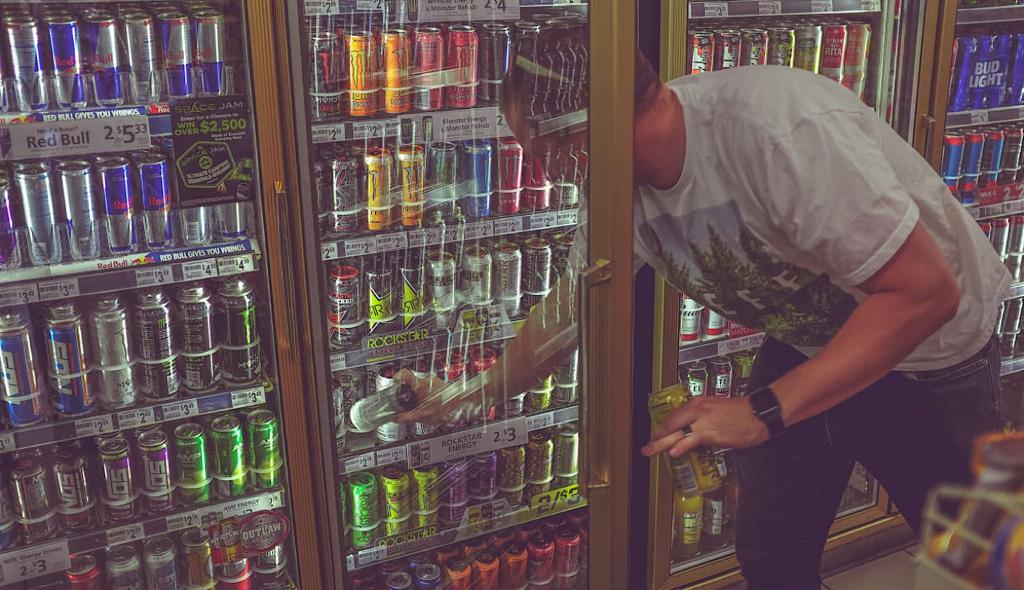
![Do Zero Calorie Energy Drinks Break A Fast Do Energy Drinks Break A Fast? [Intermittent Fasting FAQ]](https://www.macymichelle.com/wp-content/uploads/2022/07/do-energy-drinks-break-a-fast.png)



![Do Zero Calorie Energy Drinks Break A Fast Can You Drink Energy Drinks While Intermittent Fasting? [The Full Scoop]](https://fastingwell.com/wp-content/uploads/2022/01/Can-You-Drink-Energy-Drinks-While-Intermittent-Fasting-1.jpg)
